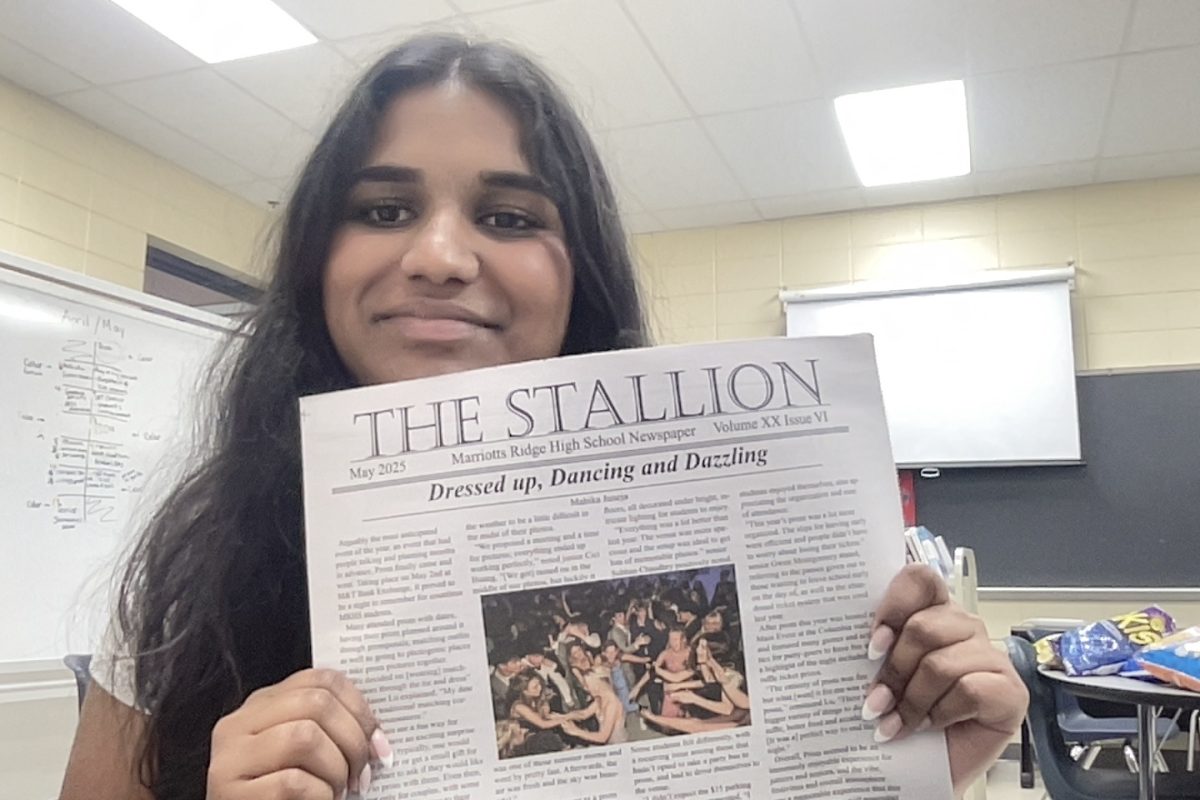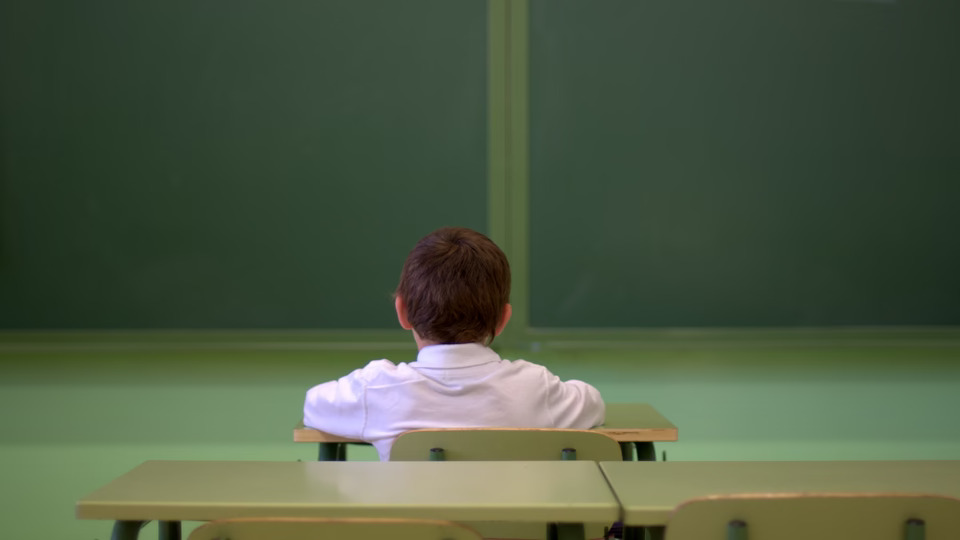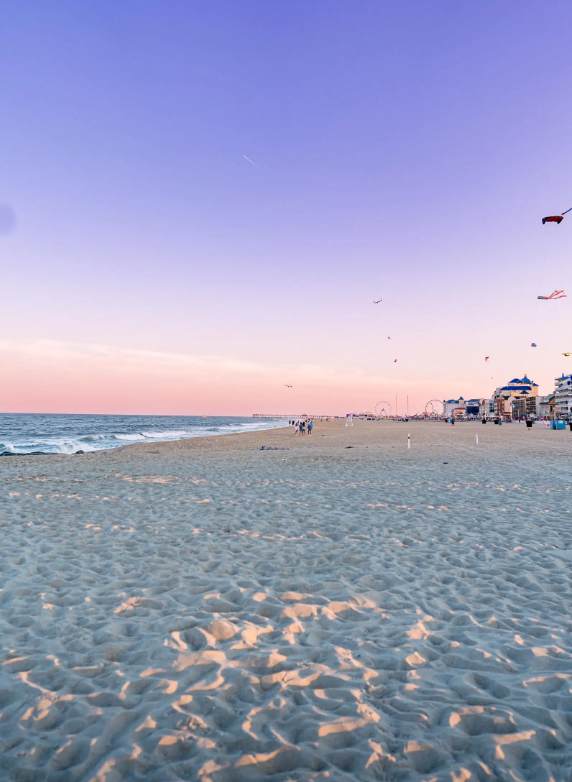There are two major school systems across the world: year-round schooling works in many places and provides shorter, but more frequent breaks, while the traditional sense of longer summers in Howard County is often seen as outdated. This schedule was important at a time when children were needed over the farming season to help with harvesting.
Students at Marriotts Ridge were asked their opinions on these different types of school year schedules, year-round and traditional, to determine whether they would be willing to sacrifice their long summer breaks for shorter vacations spread throughout the school year.
While many students across the United States have only ever experienced the standard traditional break schedule, students all around the world practice year-round-schooling. When asked how MRHS students felt about the scheduling of their breaks, most said that they were unhappy with the lack of breaks throughout the school year.
“It’s just a lot of work,” junior Rubi Levine shared.
She, like many others, felt that not enough time off is provided to allow students to catch up on missing work or simply relax for a moment.
“On an academic level, I don’t know how good summer break is,” social studies teacher Mr. Khouri agreed.
He explained that many students, especially those that do not come from communities that value education, lose knowledge and drive over the three month holiday.
A long summer break allows students to “take summer break to relearn what they did and catch up on anything they did not understand throughout the year,” according to sophomore John Gfeller.
The vacation provides an opportunity to travel, make some money through summer jobs, complete an internship and spend quality time with family.
Year-round schooling “balances school very [the students] are more motivated,” Levine said. With the traditional schedule, “it’s the same routine every single day for most of the school year and it just gets tiring, we lose motivation and all we look forward to is that three month summer break.”
When asked whether the Maryland schedule prepares students for the future, the majority said “no.” Gfeller, a participant in Teaching as a Profession, said, “it does not prepare anyone. Not even future teachers. We’re going to have to do this all year round.”
Of course, the big question is, would MRHS students switch to a year-round curriculum if they could?
“I would”, junior Morgan Gaither said, “because I feel like it would set me up better for working all year round.”
“I would switch because it’s just different. I fell out of routine over the summer,” sophomore Arzaan Mehmood declared.
“If there were a true proposal for a year-round system, I think I would,” Mr. Khouri shared.
The traditional summer break provides opportunities for kids to take summer classes, relax or work. Because of this, the year-round variety is pushed away when brought up, as a major change is intimidating. Some see year-round schooling as a way to avoid burnout and manage their time. Overall, the opinions on year-round vs traditional schooling are polarizing, but for some, year-round schooling should be given a chance.
Categories:
Too School for Summer: Students share their opinions on year-round school vs traditional school
More to Discover
About the Contributors

Amrei Greer, Staff Writer
Hi, I’m Mei. I am a Junior and this is my first year in journalism. I am an exchange student from Germany, an avid traveler and love hanging out with my friends and family all over the world.

Mahika Juneja, Staff Writer
My name is Mahika, and I am a senior this year. This is my second year in journalism and I am excited to write articles for The Stallion. I like to dance and spend time with my friends outside of school. In school, I play on the MRHS Tennis Team and I’m a member of the Women’s Choir.








